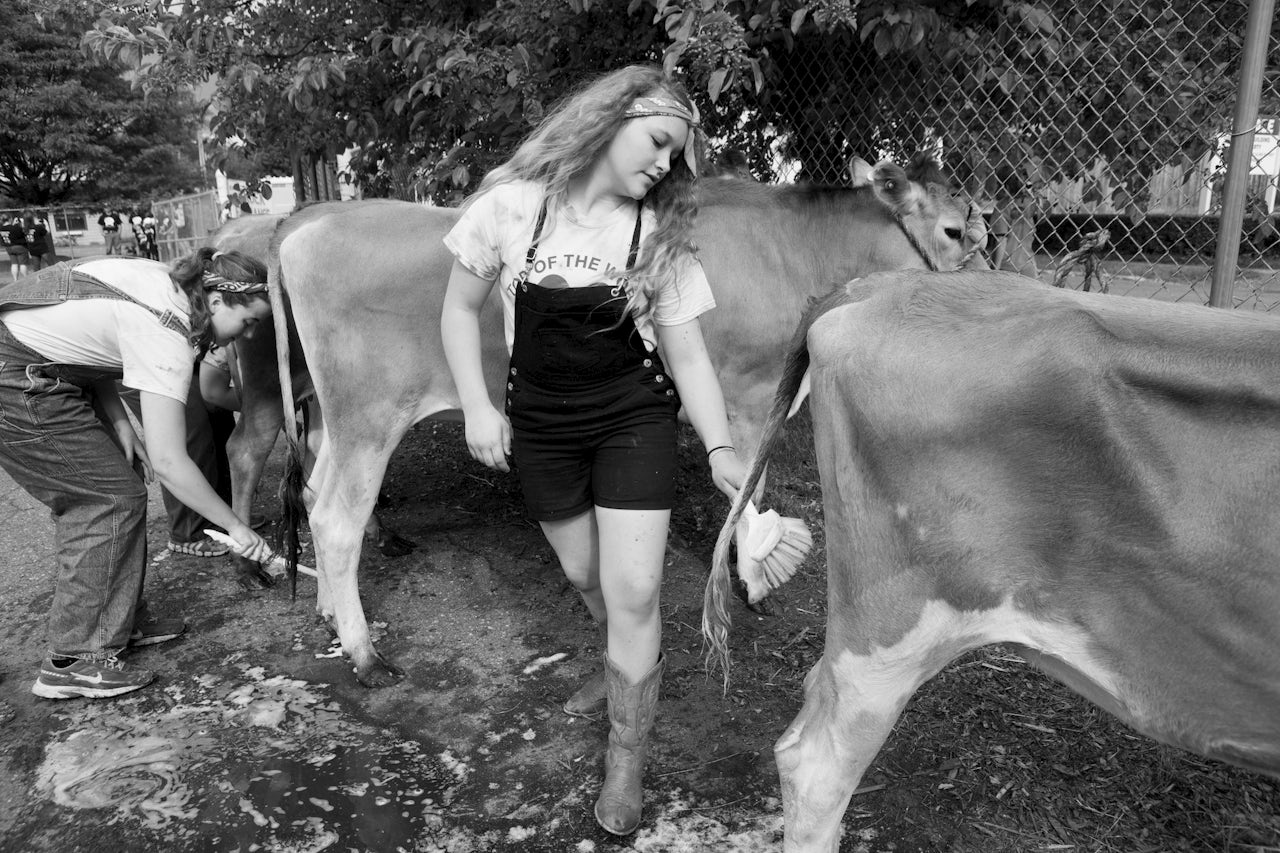At last, we can put the intergenerational bickering to rest. The Pew Research Center has stepped up where few others could, and finally defined who can call themselves Millennials. Today, the company announced its new classification: Anyone born between 1981 and 1996 is a Millennial. Anyone born after is part of a new generation, whose name they haven’t decided on yet. (Informally, they’re Generation Z.)
Ever since Millennials became scapegoats for everything from the decline of marriage to waning cereal sales, media outlets and consumers alike have been trying to pinpoint exactly how old members of this group are. Historian Neil Howe, who along with the late historian William Strauss coined the generational label, told USA Today in 2012 that the birth years of Millennials go from 1982 to 2004. In 2015, the U.S. Census defined the range as spanning 1982 to 2000.
Marketing firm Millennial Marketing defines a slightly broader, earlier window, stating that Millennials are born between 1977 and 2000. Meanwhile, Merriam-Webster defines the term rather vaguely as “a person born in the 1980s or 1990s.”
Why should Pew’s word carry any more authority? For one, it’s the public’s go-to source for demographic research and opinion polls, holding a strong reputation for being nonpartisan and relatively unbiased. Still, when it comes to generational labels, there is no one authority; often it’s media outlets that end up making the call. (The label “Baby Boomer” originated within the pages of a newspaper.) But in taking this definitive stance, Pew is signaling that we’re closer to moving onto the Millennial debate. Now, we can all figure out what comes after Generation Z.

